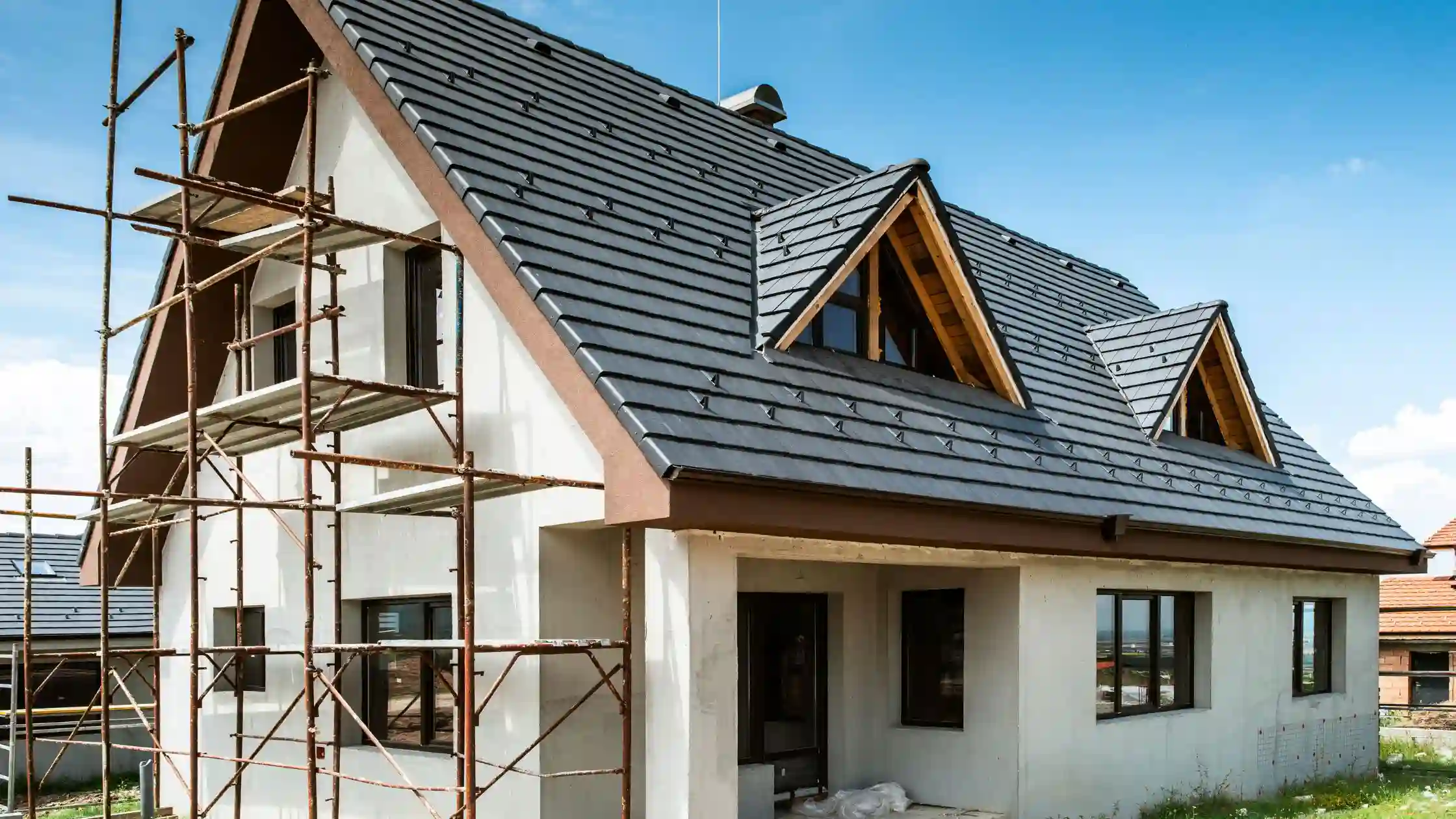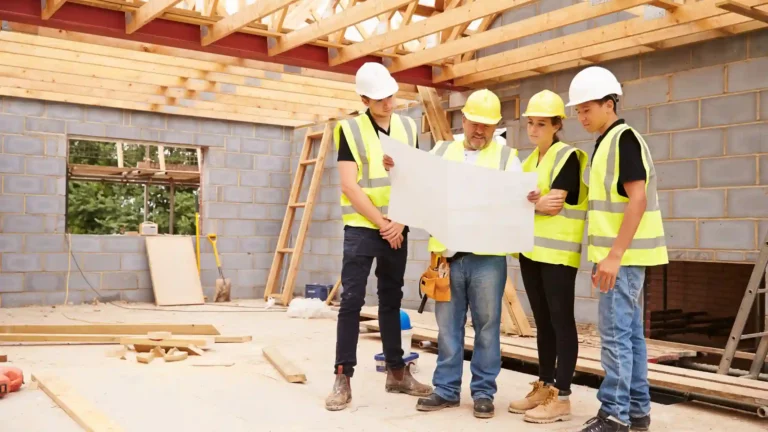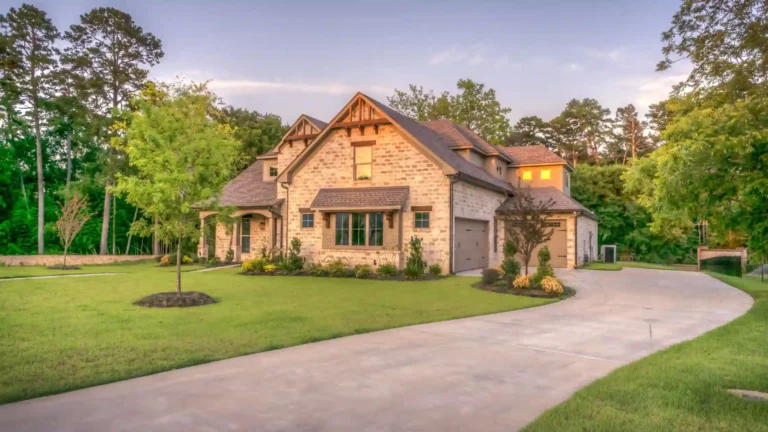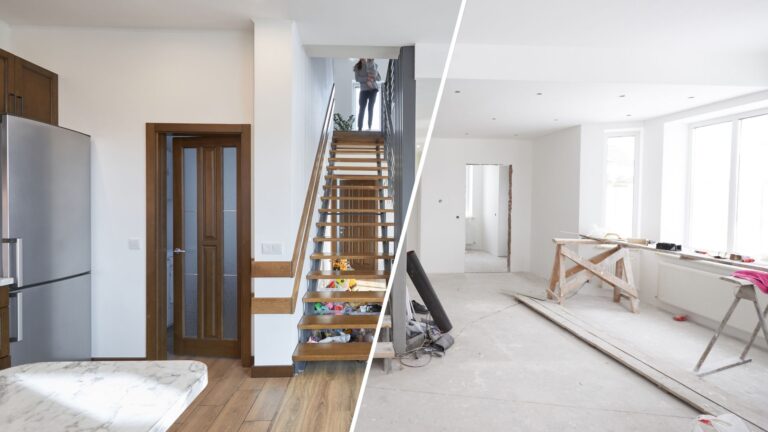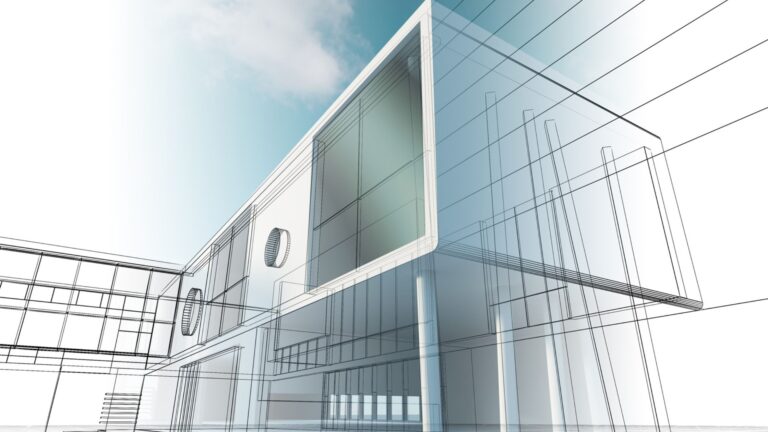Residential Construction Insights: Building Smarter Homes in 2025
The housing market has changed dramatically in the last decade, and residential construction has kept pace by adapting to new technologies, shifting lifestyles, and evolving homeowner priorities. A house today is not just a structure, it’s a reflection of values, a place for comfort, and a hub for family life.
For homeowners planning to build from the ground up or renovate an existing property, understanding what defines modern residential construction can mean the difference between a functional house and a truly exceptional home. This article explores the key trends, considerations, and innovations shaping homes in 2025.
Sustainable Living Starts at Home
Eco-Friendly Materials
Sustainability has become a defining characteristic of residential construction. More homeowners are asking for materials that minimize environmental impact without sacrificing style or strength. For example, reclaimed wood adds a rustic touch while reducing the demand for newly harvested timber. Bamboo, a rapidly renewable resource, offers a durable yet elegant flooring option. Even recycled steel is gaining popularity as a strong and environmentally responsible framing material.
These choices don’t just reduce waste, they often last longer and require less maintenance, making them practical investments.
Energy-Efficient Homes
Energy efficiency has moved from a luxury feature to an expectation. Double- and triple-pane windows, radiant barrier insulation, and tankless water heaters are becoming standard. Many new homes are now designed with solar-ready rooftops, giving homeowners the option to add renewable energy systems later without costly retrofitting.
Smart thermostats, programmable lighting, and energy-efficient HVAC systems also play a major role in reducing energy usage, lowering bills, and creating a more comfortable living environment.
Smart Homes for Modern Living
Integrated Technology
Smart home technology has gone from novelty to necessity in modern residential construction. Today’s homes are being designed with built-in wiring for whole-house Wi-Fi, integrated sound systems, and security monitoring. Automated lighting and shading systems improve energy savings, while app-based controls provide convenience at the touch of a screen.
Homeowners are increasingly drawn to smart appliances that not only look sleek but also learn usage patterns, suggest energy savings, and make daily routines easier.
Modular & Prefabricated Solutions
Another innovation transforming the industry is the rise of modular and prefabricated components. Instead of building every wall, roof truss, or stairwell on-site, many parts are manufactured in controlled environments and then delivered to the construction site.
This method reduces weather-related delays, minimizes waste, and often speeds up the building timeline. Homeowners benefit from lower labor costs and the peace of mind that comes with precision-engineered components.
Customization Beyond Blueprints
Tailored Designs
A major appeal of residential construction today is the ability to customize nearly every detail. Homeowners want layouts that fit their lifestyle, whether that means open floor plans for entertaining, quiet home offices, or private retreats.
Architectural design trends include vaulted ceilings for a sense of space, oversized windows for natural light, and flexible rooms that can evolve with family needs. Finishes like unique backsplashes, custom cabinetry, and statement lighting fixtures let homeowners make each space truly personal.
Multi-Generational Considerations
As families adapt to new living arrangements, multi-generational homes are becoming more common. Features such as dual master suites, separate entrances, or self-contained accessory dwelling units (ADUs) give families privacy while maintaining close proximity.
Accessibility is also a key design factor. Wider hallways, zero-threshold showers, and main-floor bedrooms help ensure the home will remain comfortable and functional for decades.
Remodeling That Adds Value
Kitchens & Bathrooms as Priorities
When it comes to renovations, residential construction trends consistently show that kitchens and bathrooms provide the best return on investment. A kitchen remodel that includes energy-efficient appliances, modern cabinetry, and improved lighting can dramatically change how the space is used. Bathrooms with luxury showers, water-saving fixtures, and heated flooring elevate comfort while conserving resources.
Expanding Outdoor Living Spaces
The demand for outdoor living continues to grow. Homeowners are seeking to extend their indoor lifestyle outdoors with features like covered patios, pergolas, fire pits, and fully equipped outdoor kitchens. Large glass sliding doors and folding walls blur the line between interior and exterior spaces, creating seamless transitions.
These upgrades not only improve quality of life but also add long-term value by appealing to future buyers.
The Importance of Quality Craftsmanship
Attention to Detail
At the heart of great residential construction is craftsmanship. Skilled builders and tradespeople bring precision and artistry to every stage of the process—from ensuring tight framing and level floors to creating perfect finishes on cabinetry and trim.
Attention to detail is what separates a standard home from one that feels solid, comfortable, and thoughtfully designed. Small things like perfectly aligned tiles or seamless paintwork may go unnoticed individually, but together they elevate the entire space.
Long-Term Peace of Mind
Quality isn’t just about aesthetics—it’s about durability. Well-built homes withstand the test of time, requiring fewer repairs and offering greater structural integrity. Builders who stand behind their work with warranties and follow-up support give homeowners confidence that their investment is protected.
Budgeting with Clarity
Transparent Cost Estimates
Budget is one of the most sensitive aspects of residential construction, and clear communication is essential. Transparent estimates that break down material, labor, and permit costs allow homeowners to see where their money is going and avoid surprises later.
Some builders provide digital project management platforms where clients can track expenses and progress in real time, offering both visibility and peace of mind.
Maximizing Value
Value engineering plays an important role in aligning a project with financial realities. This involves finding alternative materials or methods that achieve the same design goals at a lower cost. For example, engineered wood can replace traditional hardwood for a similar aesthetic with reduced expense, while still offering durability and performance.
7. Trends Shaping Residential Construction in 2025
Minimalist Design
Simplicity continues to dominate modern architecture. Clean lines, uncluttered spaces, and neutral palettes create timeless appeal while keeping homes adaptable for changing tastes.
Wellness Features
Health and wellness are driving home design. Air purification systems, natural light optimization, and biophilic design elements (such as living walls or indoor gardens) are becoming common requests in residential projects.
Flexible Spaces
The demand for multipurpose rooms has grown, with homeowners seeking adaptable spaces that can function as offices, gyms, or guest bedrooms as needed. Fold-away furniture and modular design support these flexible uses.
Durable Exteriors
As weather conditions become less predictable, durability is a top priority. Fiber cement siding, metal roofing, and weather-resistant cladding are being used to ensure homes maintain their beauty and performance over time.
Choosing the Right Partner for Your Project
While trends and innovations matter, the success of any residential construction project depends heavily on who you choose to work with. Look for builders and contractors who:
- Offer proven experience in building and remodeling homes
- Have a reputation for honesty, transparency, and communication
- Provide references and examples of completed projects
- Demonstrate attention to detail and a commitment to craftsmanship
Selecting the right partner ensures not only a smooth construction process but also a finished home that truly matches your vision.
Why Residential Construction Matters More Than Ever
Residential construction in 2025 is more dynamic than ever, blending sustainability, technology, customization, and craftsmanship. Homeowners today expect more from their living spaces—they want efficiency, flexibility, and beauty built into every corner. Whether you’re planning a remodel, a custom build, or an outdoor extension, keeping up with these trends will help you make smart, future-focused decisions.
Let’s Start Your Residential Construction Journey
Are you ready to turn your dream home into reality with expert guidance and craftsmanship? Visit Kasm Construction to learn more about professional residential construction services, explore past projects, and connect with a team that values quality, transparency, and client satisfaction.

